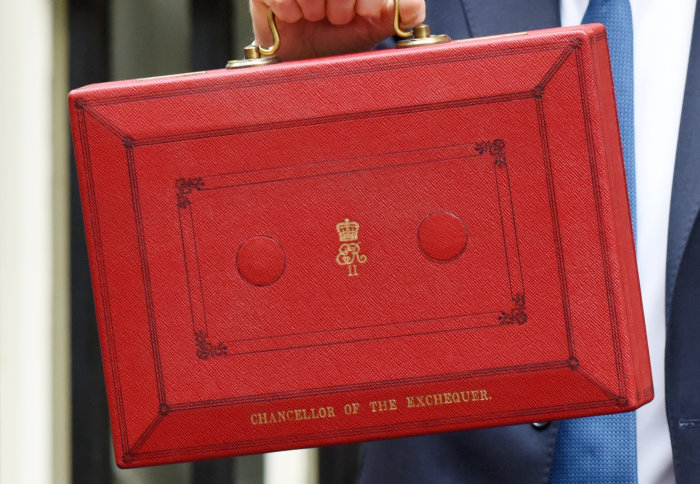The new personal savings allowance and dividend allowance are now with us for the 2016/17 tax year onward and the £5,000 starting rate band for savings remains in place.
Personal savings allowance
The personal savings allowance (PSA) is a tax free allowance which can be offset against savings income. Basic rate taxpayers have a PSA of £1,000, and higher rate taxpayers have a PSA of £500. The PSA will not be available to any saver with additional rate income.
Alongside the introduction of the PSA, banks, building societies and NS&I have ceased to deduct tax from account interest they pay to customers. Budget 2016 announced that interest from OEICs, unit trusts, investment trusts and peer to peer loans may also be paid without tax being deducted from April 2017.
The introduction of the PSA affects individuals who receive savings income. Savings income includes interest from savings accounts held with banks, building societies, NS&I and credit unions; interest distributions from authorised unit trusts and open-ended investment companies (OEICs); purchased life annuity interest payments and offshore bond gains.
Income from an ISA, and income which qualifies for the 0% starting rate for savings, will not use up any part of an individual’s personal savings allowance.
Although savings income within the PSA isn’t taxable, it still forms part of the overall income accumulation and uses up part of the basic or higher rate bands. This can cause other income to be taxed at a higher rate.








